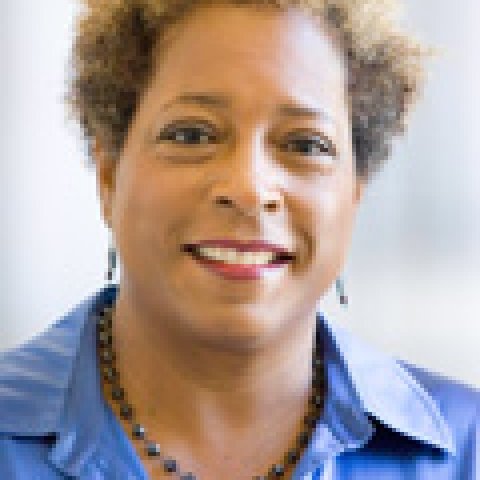Deborah Gray White
Former Fellow
Professional Affiliation
Distinguished Professor of History, Rutgers University
Expert Bio
I got interested in the 1990s when Dr. Darlene Clark Hine invited me to Michigan State University to participate in a celebration to commemorate the first anniversary of the 1997, Million Woman March. She sent me a packet of materials that contained newspaper articles and editorials about the event, and in preparation for my talk I started to underline all of the editorial comments that attendees made about their reasons for going and what they got out of it. The remarks were exceptionally poignant and I began to wonder about the feelings of those who did not attend. When I looked those up I found a startling contrast in attitudes regarding the march. Put together, the hundreds of commentaries made powerful statements about American race, gender and class relationships in the 1990s. I began to see the newspaper editorials and commentaries as a major source for understanding how common people experienced life in the 1990s. Of course, I could not stop with the Million Woman March. From there I moved to the editorials and commentaries of the other open air events of the 1990s and looked to history to give me the perspective I needed to put them in conversation with each other. What they began to reveal was startling. I have always been interested in history from the bottom up but it is not always easy to do historical research of ordinary people because they do not usually leave the kind of sources that are traditional or immediately accessible. However, my previous work on the history of African American female slaves has prepared me for this project, for they were perhaps the most invisible of all 19th century Americans. Although I once vowed that I would never take on another project that had such a source problem I could not resist the opportunity to build a historical narrative from the thousands of commentaries about the 1990s gatherings. I figured that since I had once been successful combing the thousands of WPA slave narratives for the story of the enslaved woman's life, that I might once again try my skills with these numerous and unwieldy newspaper sources. When it comes to the present, or the contemporary past, historians usually defer to social scientists. But today's cultural and political shifts are too important for historians to ignore. I feel that we have a useable past and if ever there was a time to use it, now is the time.
Education
B.A. Binghamton University; M.A. Columbia University; Ph.D. University of Illinois at Chicago
Subjects
African-American History,Gender Issues
Experience
- Professor II (Distinguished Professor), Rutgers University, 2000-Present
- Chair, Department of History, Rutgers University, July 2000-July 2004
- Research Professor, Rutgers Institute for Research on Women, 1999-2000
- Co-Project Director: "The Black Atlantic: Race, Nation and Gender," Rutgers Center for Historical Analysis, 1997-99
- Professor, Rutgers University, 1994-2000; Associate Professor, Rutgers University,
1984-94 - Assistant Professor, University of Wisconsin-Milwaukee, 1977-78
- Teacher, New York City, 1971-73
Expertise
American, African American history, and American women's history; race, class and gender in contemporary America
Wilson Center Project
"‘Can't We All Just Get Along': The Cultural Awakenings of the 1990's"
Project Summary
Between 1990 and 2000, gay and straight, white and black, religious and secular, male and female Americans turned to mass outdoor gatherings to express their profound needs. As participants in the Promise Keepers gatherings, the Million Man March, the Million Woman March, the Gay, Lesbian and Transsexual marches and the Million Mom March, they made powerful statements about the social and cultural state of America at the turn of the twenty-first century. This project will explore these gatherings in the context of past Great Awakenings (attempts by ordinary citizens to adapt to extreme societal change). It will examine ways that the lessons of the past can be put to use in the present.
Major Publications
- Too Heavy a Load: Black Women in Defense of Themselves, 1894-1994 (New York: W.W. Norton, 1999)
- "Aren't I A Woman?" Female Slaves in the Plantation South, 2nd ed. (New York: W.W. Norton, 1998) [With two new chapters]
- Let My People Go: African-Americans, 1804-1860 (New York: Oxford University Press, 1996)
Insight & Analysis by Deborah Gray White
Filter
- Video
Defining the Future

- Video
Defining the Future

